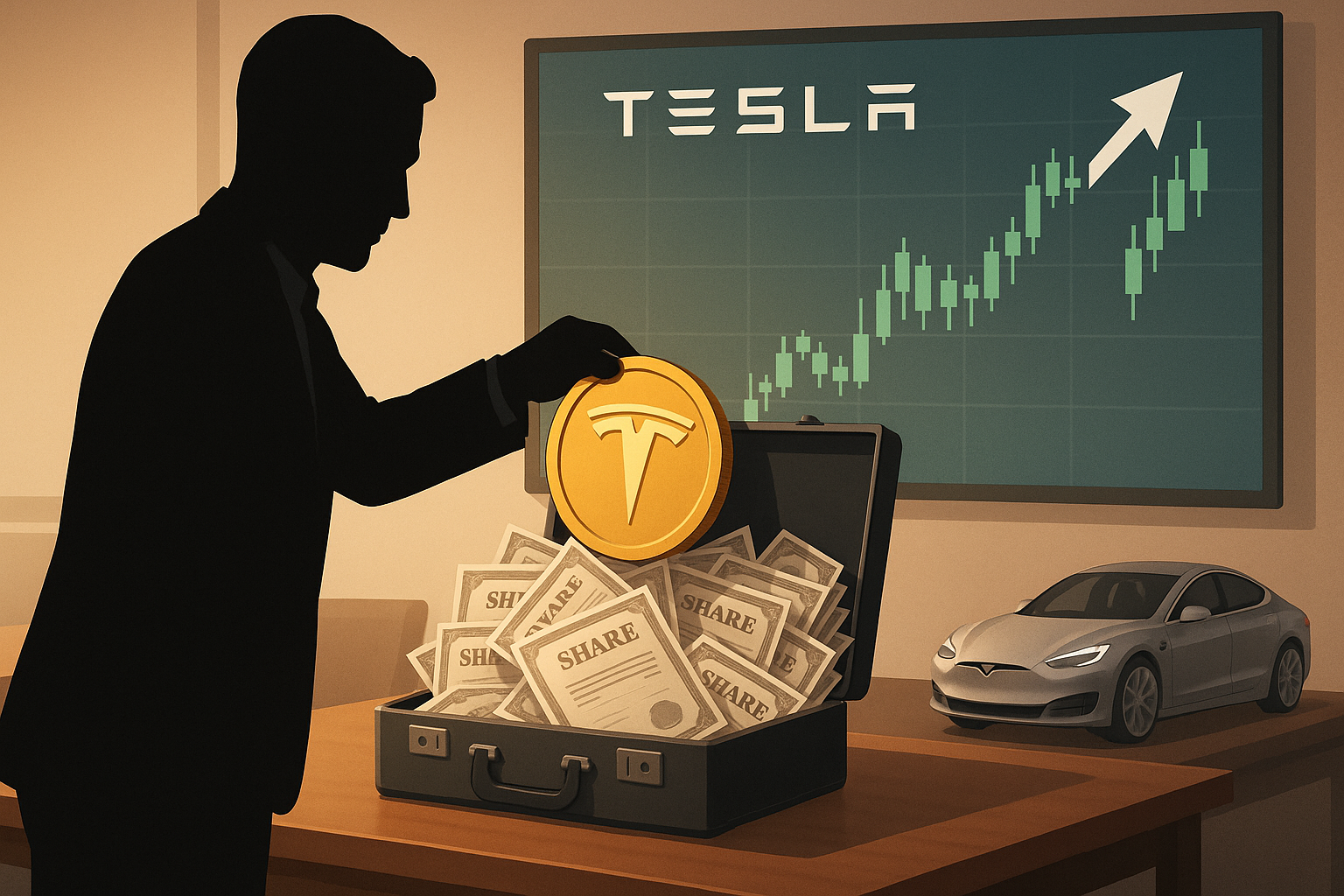When a billionaire suddenly drops a cool billion on his own company's stock—well, that tends to get Wall Street's attention. Elon Musk did exactly that this week, scooping up Tesla shares in a move that sent the stock rocketing upward despite the company shedding nearly a third of its value this year.
Look, I've been covering tech billionaires long enough to recognize when someone's trying to change the narrative. And boy, did this move work. But there's something more complicated happening beneath the surface.
What a Billion Buys These Days
The timing couldn't be more... let's say interesting. Tesla—once the undisputed king of electric vehicles—now finds itself in an increasingly crowded playground. The company's delivery numbers have been softening. Those robotaxis Musk keeps promising? Still perpetually "next year" material (as they've been since Obama was president). Meanwhile, Musk himself seems increasingly pulled in a dozen different directions between his Twitter/X drama, political commentary, and Mars obsessions.
So is this billion-dollar buy a genuine vote of confidence or something else entirely?
"The conventional wisdom is that insiders buying is bullish," explained a fund manager I spoke with yesterday who requested anonymity to speak freely. "But with Musk, conventional wisdom often doesn't apply."
The $55 Billion Elephant in the Room
You can't really understand this purchase without considering the ongoing compensation battle. After a Delaware court invalidated Musk's eye-popping $55 billion pay package earlier this year, Tesla announced plans to relocate to Texas and hold a shareholder vote to essentially reinstate it.
So... you're fighting for shareholders to approve a compensation package worth tens of billions while simultaneously buying a billion in shares yourself? That's quite the one-two punch of message-sending.
I've covered corporate governance for years, and the subtext here isn't exactly subtle: "I believe in this company enough to buy more shares—now please vote to approve my massive pay package."
The Tesla Brand's Identity Crisis
Something that doesn't get enough attention in financial analysis is what's happening to Tesla's brand DNA. There was a time—and it wasn't that long ago—when driving a Tesla was a straightforward statement: you cared about climate change, you embraced technology, and yes, you had some disposable income.
That equation has shifted dramatically.
Having interviewed dozens of EV owners for a piece last year, I noticed something striking. Several Tesla drivers in places like California and New York now feel compelled to clarify they purchased their cars "despite Musk, not because of him." When your customers feel they need to apologize for your brand... that's not ideal.
The Market's Wild Overreaction
Here's the truly baffling part. Tesla's market cap jumped roughly $80 billion on this news. That means for every dollar Musk put in, the market added about $80 in perceived value.
If that sounds completely disconnected from rational valuation metrics... well, it is. Having covered market psychology for almost a decade, I can tell you this reaction isn't about fundamentals. It's about narrative, emotion, and what Keynes famously called "animal spirits."
Two Completely Opposite Readings
What makes this situation fascinating (at least to market nerds like me) is how the exact same action supports two completely contradictory investment theses.
Bulls see this as confirmation that Musk—who surely knows more about Tesla's future products and performance than anyone—believes the stock is undervalued. Maybe the Cybertruck production is about to hit its stride? Perhaps Full Self-Driving is finally nearing that elusive breakthrough?
Bears see a desperate attempt to prop up a declining stock price—necessary not just for narrative management but potentially to prevent margin calls on loans where Musk's Tesla shares serve as collateral.
The same exact action. Two completely opposite interpretations. (Finance is fun that way.)
Regulatory Side-Eye
Is any of this legally problematic? Probably not in the traditional sense. Executives can generally purchase shares in their own companies, provided they're not trading on material non-public information.
But Musk's position creates unusual complexities. He simultaneously runs multiple companies with potential overlapping interests. The timing relative to the compensation vote raises at least some eyebrows.
Having covered SEC investigations in the past, I'd be surprised if regulators took action here. But I wouldn't be shocked if some questions were asked behind closed doors.
The Long Game
At the end of the day, Tesla remains what it's always been—a bet on whether one man's ambitious vision can overcome mounting operational challenges and increasing competition.
I remember talking to an auto industry veteran at a conference in Detroit last fall who put it this way: "Tesla isn't valued as a car company. It's valued as a collection of Elon's promises."
And therein lies the fundamental tension. When reality starts pressing in on those promises, sometimes you need to make a billion-dollar gesture to keep the dream alive.
For this week at least, it worked beautifully. Whether it works long-term? That's the multi-billion-dollar question.
